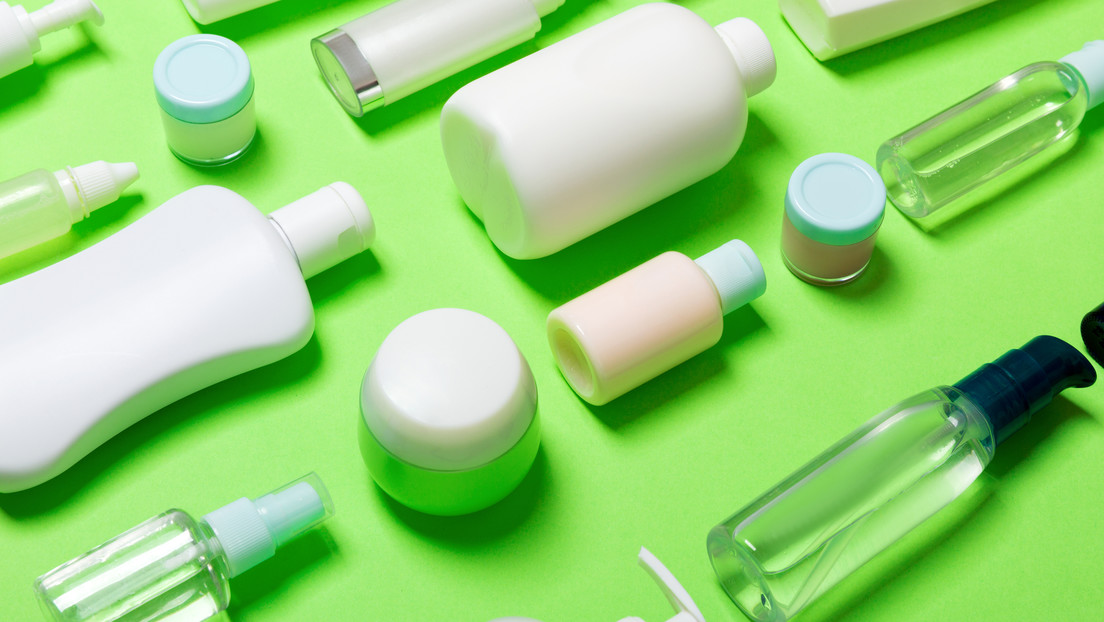
Moscow, June 12th. - A perfume not only changes the smell of a person, but also affects air chemistry in enclosed spaces, altering a natural process of our body to combat pollution, that has been the subject of study by an international group of scientists published in the journal Science Advances.
Indoors, the air reaction of oils and skin fats produces highly reactive hydroxyl (OH) radicals. In turn, these compounds form an invisible chemical shield, called the "human oxidation field," which protects humans from ozone exposure, an atmospheric pollutant that can enter indoor spaces from the outside.
People spend up to 90 percent of their time in enclosed places, so indoor air quality significantly influences their exposure to chemical pollutants. Simply stay in a room where there is ozone so the body begins to react.
Donghyun Rim, a professor at Pennsylvania State University, explained that the field of human oxidation allows our skin to absorb ozone, preventing it from being directly inhaled.
However, an international team of researchers discovered that the application of personal care products, such as perfumes and lotions, can alter the chemical composition of this protective shield.
In the specific case of lotions, it was observed that they inhibit the generation of OHs by acting as a physical barrier between ozone and squalene (a natural oil) on the skin.
As for the perfumes, it was detected that its main component, ethanol, reacts with the OHs and consumes them completely. This reduces the intensity of the oxidation field.
Scientists also identified that the effects of lotions tend to last longer than those of perfumes. Likewise, they mentioned that, unlike perfumes, lotions contain preservatives acting as microbial agents that help suppress the oxidation field.
These findings could have a significant impact on indoor air chemistry, the quality of the environment in inhabited spaces and the health of people, since numerous chemical compounds present around us are modified by the field of human oxidation. (Text and photo: RT)